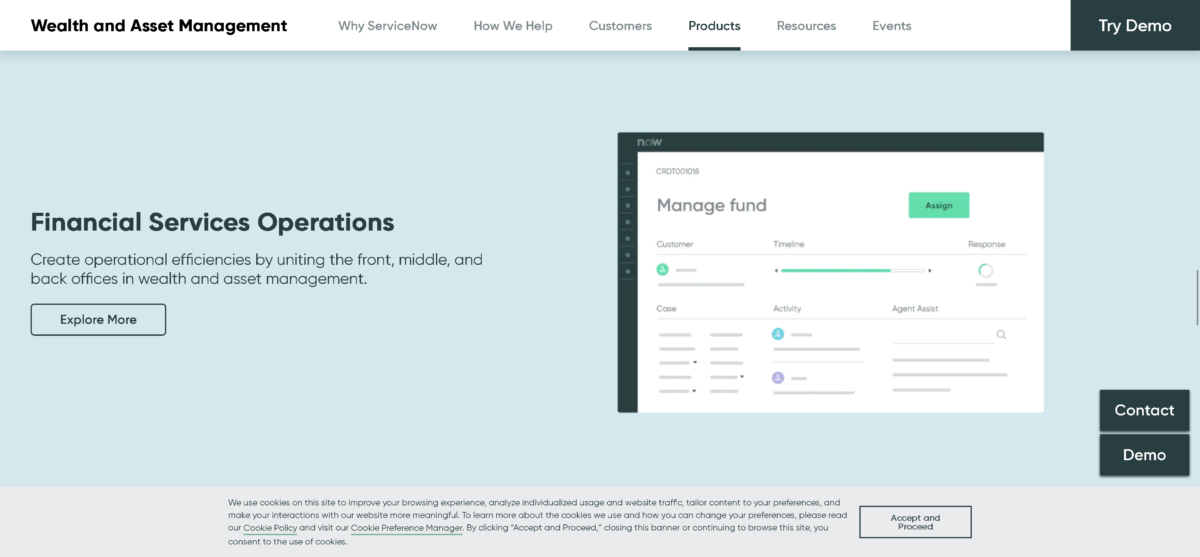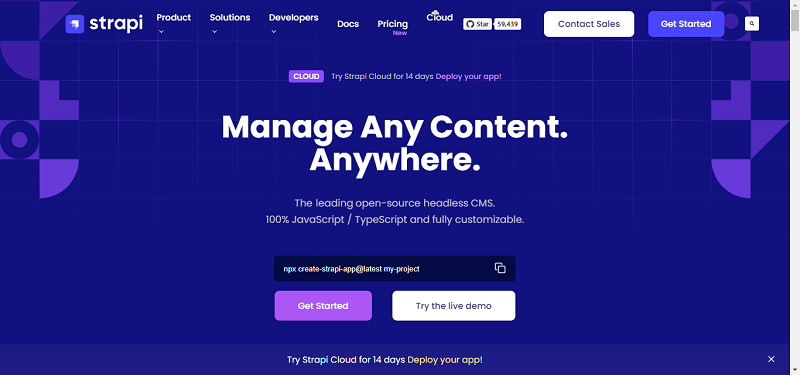Scaling up a business is difficult. New businesses often have successful launches, but encounter difficulties when trying to grow to the next level. In fact, one of the biggest mistakes that small and medium sized businesses make is to think their job is done as soon as they have successfully prototyped a new product or service and are selling it to users. The problem is that they have defined success as developing something customers want and not as fully exploiting the potential of their new offering.
Of course, the launch of a new product should mark the start of a new project, not the end. Many successful companies around the world have failed to take advantage of a good service or a strong market position because of their inability to scale up quickly and effectively.
Failing to properly understand scaling can signal the death of a new business just as it should be entering its most exciting and productive phase. A 2011 report by Startup Genome looked at the most common reasons why start-ups fail, and found the number one cause (70 percent) was scaling too much, too soon.
Premature scaling also afflicts medium size companies. Too often they spend capital on non-critical expenses before they have correctly matched their latest product or service to the market. Such non-critical spending could include hiring a large sales team, using expensive marketing, over-perfecting the product or renting unnecessary office space.
The danger with scaling too soon is two-fold. Firstly, it uses up a new company’s vital cash more quickly, meaning it has less chance to discover small problems that may become huge obstacles further down the road. Secondly, it reduces a company’s agility and flexibility by making it become organisationally, financially and emotionally committed to its current approach. In economics this is known as the sunk cost trap and in psychology it’s known as escalation of commitment. Both cases can quickly kill a project, or even an entire business.
So, we know about the importance and dangers of scaling, but how can cloud-based ERP help?
The first part of the answer is how ERP can help. ERP (enterprise resource planning) is a type of business management software that a company can use to collect, store, manage and interpret data from business activities as diverse as product cost and development, manufacturing and service delivery, sales and marketing, inventory management and shipping.
Such an extensive and thorough system that can provide highly-detailed feedback of all aspects of a business ultimately forces a company to get the small things right, which if done properly it can produce impressive holistic results. The catch is that ERP needs to be both properly implemented and sustainable. Without these qualities the system will not give the user the necessary pointers in reports and dashboards to quickly draw their attention to any problems or issues within the business.
The second part of the answer is how the cloud can help. Traditional ERP programs which are installed, used, and edited on local machines have several inherent flaws for modern SMEs. Their biggest drawback is their inflexibility – they do not have the ability to offer deployments that meet specific needs. Earlier in the article we spoke about how one the main problems when companies scale up is that they spend too much capital on non-critical expenses. With regard to ERP software this gives business owners a paradox – ERP is essential to scaling, but an ERP system that is suitable for a company with ten employees will be dramatically different to the ERP system that the same company would need to use if it grows to fifty employees. Does the owner spend on a small system that will need to be replaced when they grow, or spend on a system that is unnecessarily large and expensive until the company grows?
The answer is neither. Acumatica’s cloud-based ERP software negates the issue by offering a cost-effective cloud-based solution for SMEs. Their software provides both the freedom to scale and grow the software as required and the ability to constantly add new features and functions as they become necessary – which when combined reduce the risk of spending on unnecessary expenses and thus directly reduce the chance of business failure. Other benefits – such as high-level security, easily accessibility, and no lock-in – all add to the feeling that Acumatica really cares about helping you grow your business.
Post Sponsored By Acumatica
By Daniel Price





